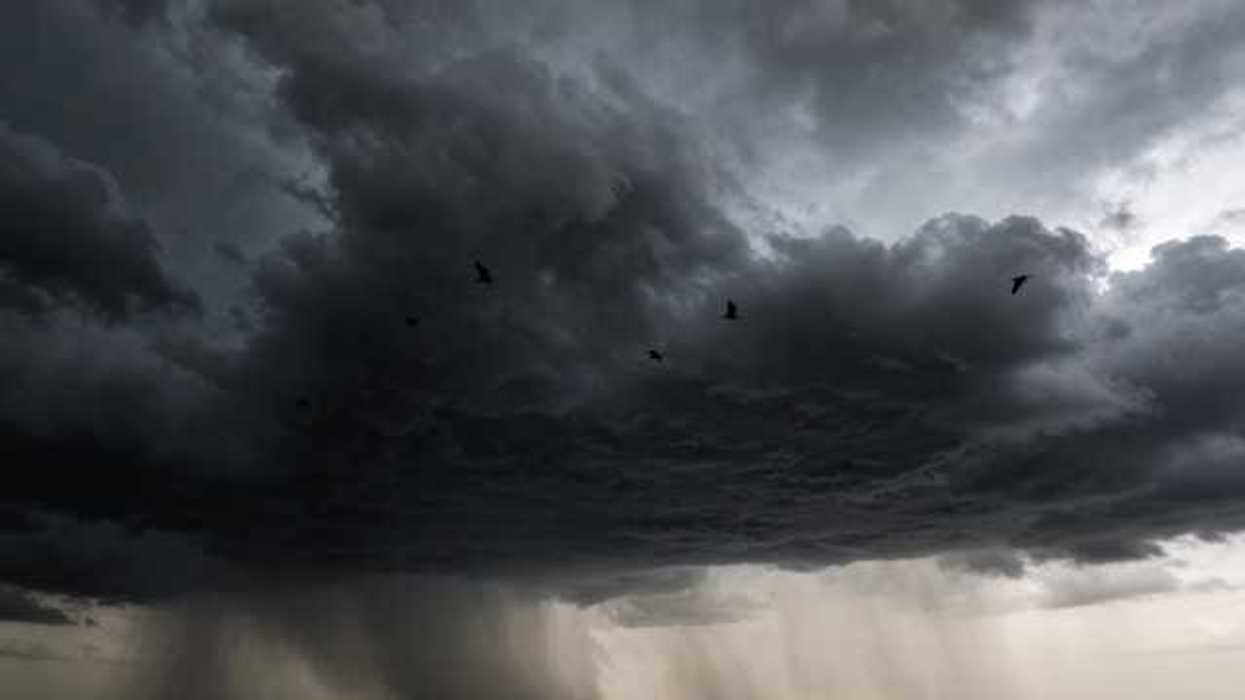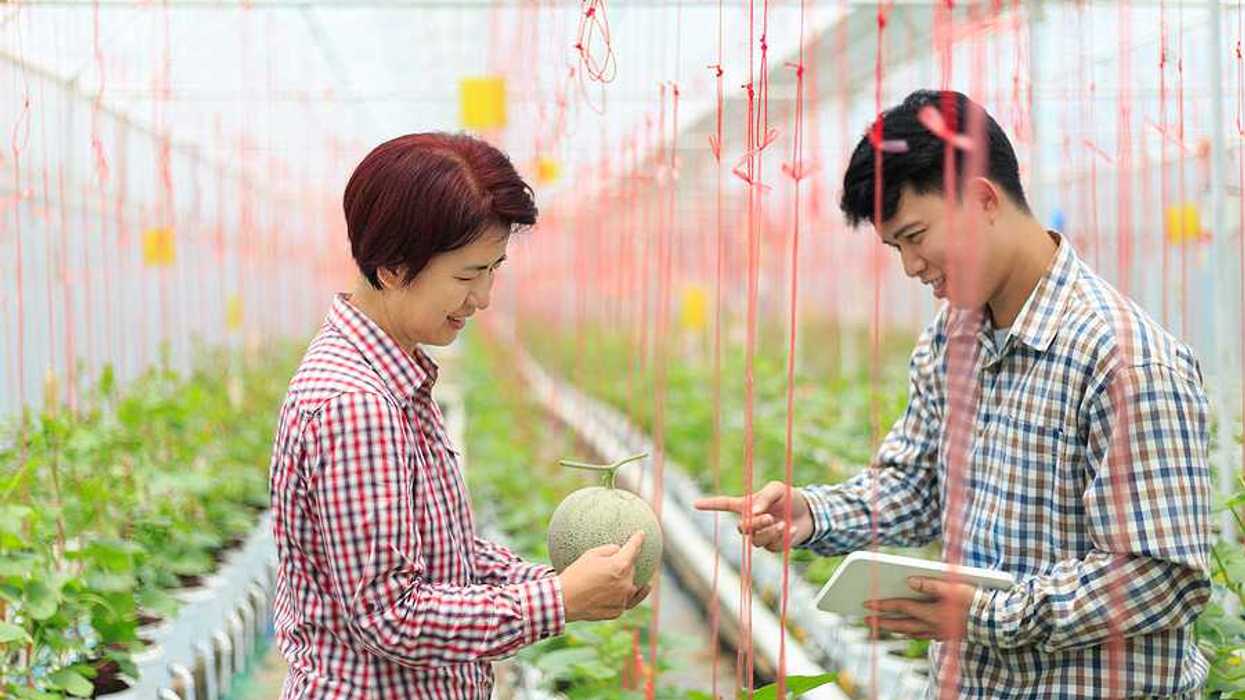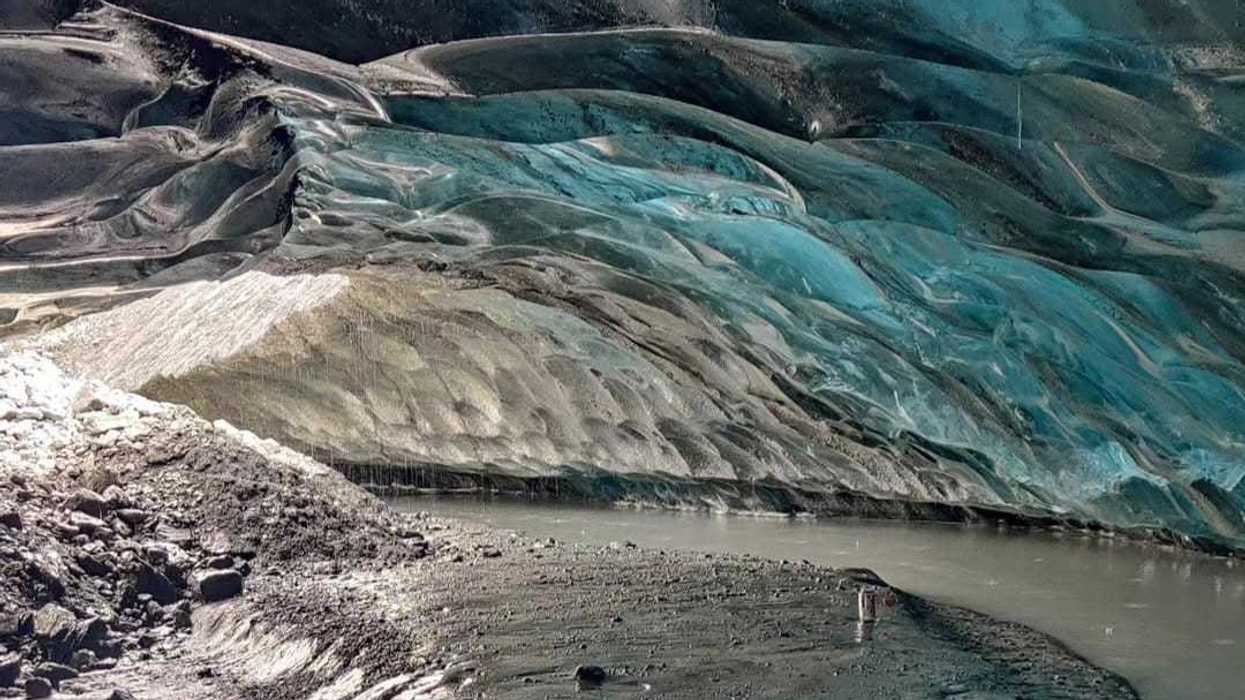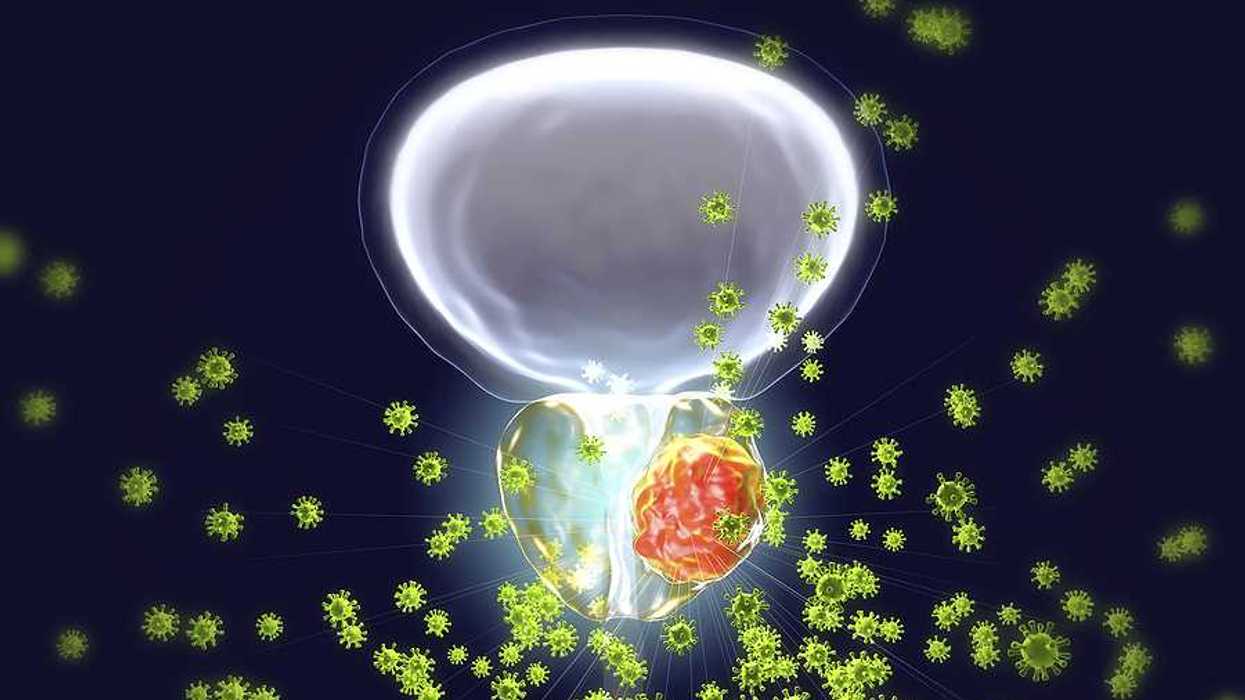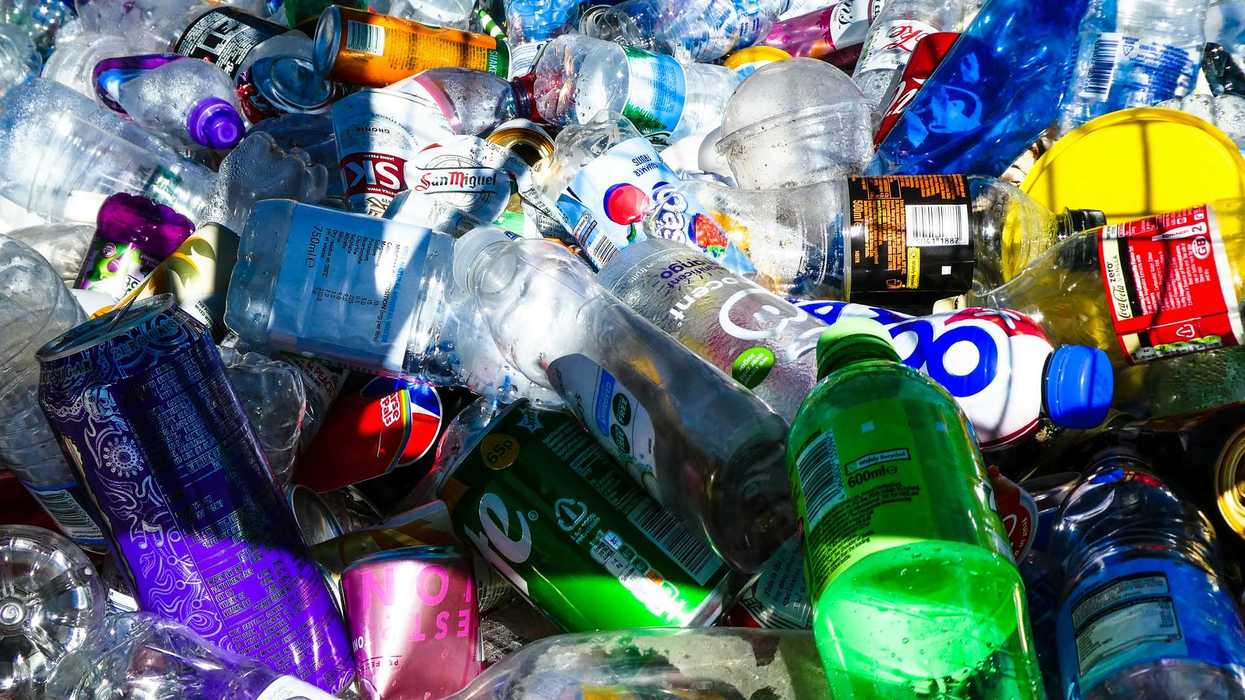A rural New York family discovered their well water was contaminated with human waste after a neighbor fertilized crops with sewage sludge, a practice that has come under fire as evidence mounts that it spreads toxic PFAS chemicals.
Marin Scotten reports for The New Lede.
In short:
- Farmers across the U.S. spread sewage sludge, also known as biosolids, on about 70 million acres as fertilizer, despite growing evidence that it contains high levels of PFAS chemicals linked to cancer and other health issues.
- The U.S. Environmental Protection Agency's January 2025 draft risk assessment confirmed PFAS in sludge can contaminate meat, milk, and eggs and expose people to unacceptable cancer risks, but the Trump administration has moved to defund related research and halt regulatory action.
- Some states are responding independently: Maine and Connecticut banned the practice, while New York lawmakers proposed a moratorium that stalled amid lobbying by waste management firms profiting from biosolid contracts.
Key quote:
"Forever chemicals are going to live with my grandsons."
— Wayne Miller, organic farmer in Franklin County, New York, and advocate for stricter biosolid regulation
Why this matters:
Using sewage sludge as farm fertilizer introduces a potent route for PFAS contamination into food, water, and soil. These “forever chemicals” resist breakdown, accumulate in plants and animals, and have been linked to a range of health problems including liver damage, cancer, thyroid disease, and reproductive harm. As biosolids are increasingly marketed as “climate-friendly” recycling solutions, they also serve as a dumping ground for industrial waste, allowing pollutants to bypass conventional disposal methods. The lack of consistent federal regulation leaves communities exposed to unequal risks, especially where local governments rely on private contractors to handle waste.
Related: Farm fertilizer rules for PFAS-contaminated sludge face rollback in Congress






